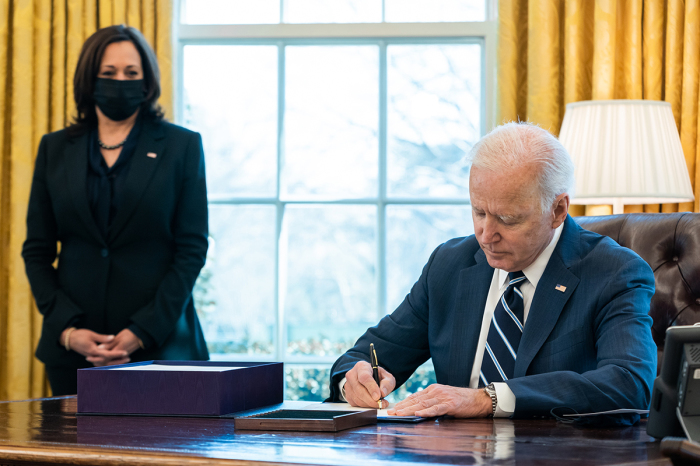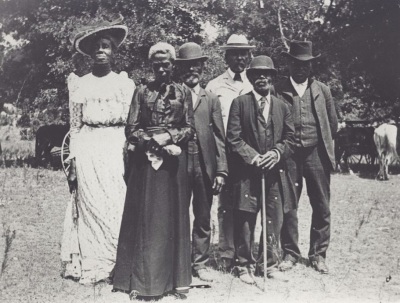Juneteenth becomes 12th federal holiday

Juneteenth, the celebration of the anniversary of when slavery was officially abolished in the United States, has become a federal holiday through strong bipartisan support.
President Joe Biden signed the law on Thursday, making Juneteenth, which honors the date when Union troops read aloud the Emancipation Proclamation to slaves in Galveston, Texas, on June 19, 1865, the newest federal holiday.
In remarks made Thursday at the signing of the "Juneteenth National Independence Day Act," Biden said the holiday “marks both the long, hard night of slavery and subjugation and a promise of a brighter morning to come.”
“You know, today, we consecrate Juneteenth for what it ought to be, what it must be: a national holiday,” the president added, noting that it was “the first new national holiday since the creation of Martin Luther King Holiday nearly four decades ago.”
“I’m especially pleased that we showed the nation that we can come together as Democrats and Republicans to commemorate this day with the overwhelming bipartisan support of the Congress. I hope this is the beginning of a change in the way we deal with one another.”
Biden added that with Juneteenth being a federal holiday, “all Americans can feel the power of this day, and learn from our history, and celebrate progress, and grapple with the distance we’ve come but the distance we have to travel.”
“The truth is, it’s not — simply not enough just to commemorate Juneteenth. After all, the emancipation of enslaved black Americans didn’t mark the end of America’s work to deliver on the promise of equality; it only marked the beginning,” he continued. “To honor the true meaning of Juneteenth, we have to continue toward that promise because we’ve not gotten there yet.”

Also known as Freedom Day or Jubilee Day, Juneteenth is considered the longest-running celebration for an African American-centered holiday, having been first observed in 1866.
Texas made the observance a state holiday in 1980, with calls for it to be made into a federal holiday gaining strength over the past year.
When the Act to make Juneteenth into a holiday was brought before Congress, only 14 members of the House of Representatives — all Republicans — voted against the bill.
Rep. Ronny Jackson of Texas, one of the 14 who voted against the bill, explained to USA Today that he felt there were “enough federal holidays right now” and thus did not “see the reason in doing it.”
Rep. Matt Rosendale, R-Mont., released a statement in which he said that the Juneteenth Act was “an effort by the Left to create a day out of whole cloth to celebrate identity politics as part of its larger efforts to make critical race theory the reigning ideology of our country.”
“Since I believe in treating everyone equally, regardless of race, and that we should be focused on what unites us rather than our differences, I will vote no,” stated Rosendale.



























